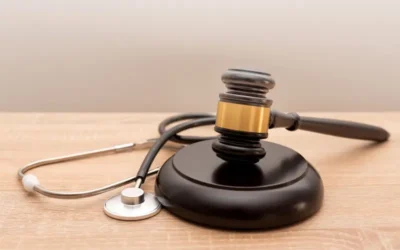Attorneys handling personal injury, toxic tort, medical malpractice and other cases will have to request for the relevant medical records for purposes of medical record review. The first thing you need to do before going ahead with the request for medical records is to refer to the pertinent section in the Rules of Civil Procedure for your state, which covers the details of the request format, charges for medical billing and the time to respond.
Important Considerations
- Be fully aware that the medical records are vital when you have to prove facts showing medical negligence, causation and damages.
- Ensure that you get all the relevant records and a complete medical history.
- Often medical and billing records may be maintained at different facilities, in which case you will need to submit individual requests for each of these.
- Make it a point to get the pharmacy billing records before and after a particular incident under consideration. This is important because they will provide details regarding the care received by the patient before the incident, the physicians and other healthcare staff involved, and the medications taken.
- Request all emergency room, ambulance, nursing home, urgent care, visiting nurse, and occupational/speech/physical/respiratory therapy records as well as all hospital and physician records.
- Be aware that nursing documents are usually multiple pages with signatures and dates on only one page. Ensure that you get the multiple pages stapled in order because this is very important with regard to establishing a timeline of medical events.
- Medication and treatment records are usually double-sided with signatures and comments on the opposite side. Request double-sided copies. In case they are single-sided, ensure that they are stapled together safely.
- Find out whether independent contractors have been involved in providing care such as ambulatory care clinics, emergency rooms, ambulances, urgent care, therapy services and nursing. Be sure to request these records also.
- The important point to remember is that even if you feel that some medical records may not be important, they may contain crucial information that could prove useful at some stage of the trial.




